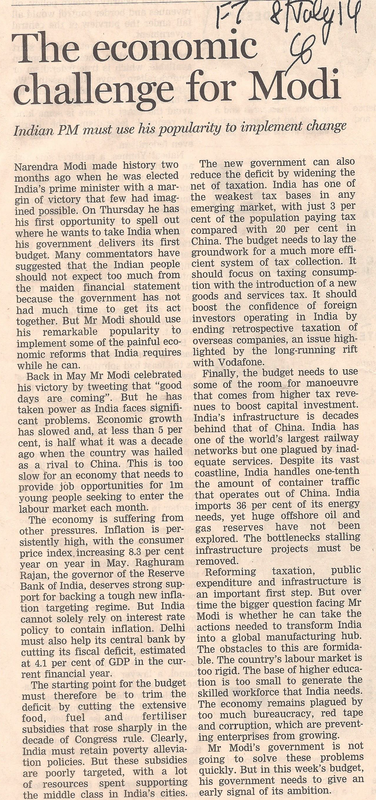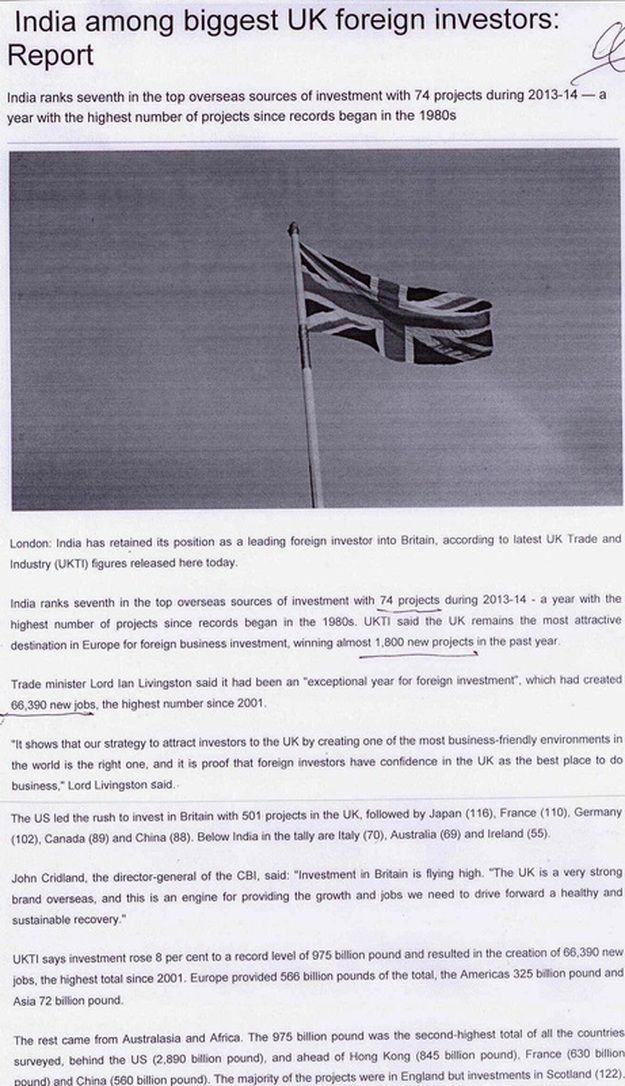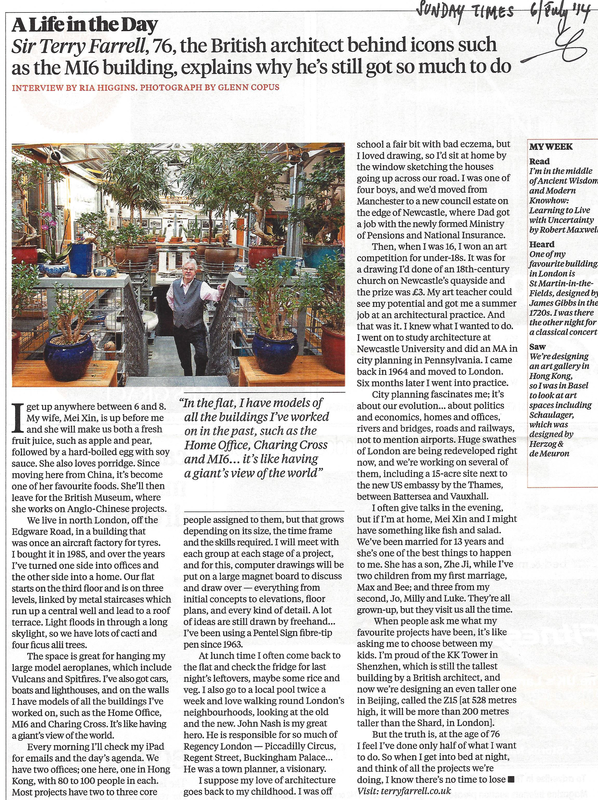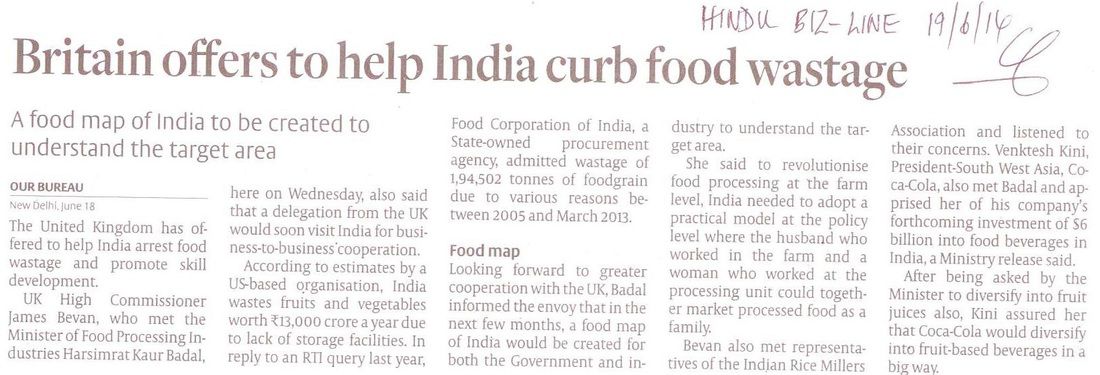We conducted our AGM on 24th of July 2014 and you can find the pictires and Chairman’s Annual Report below.
Membership – 39 new members
We had 134 members last year and now have 153 (ambitious target of 175 missed). We do lose members in normal course with transfers/ dropping membership/ closures – lost 20 members last year. Adding new members is a priority area with the objective to reach critical mass of 200 members. All our Committee work hard to bring new members and we are grateful to Jamie Cribb and now Tammy Sandhu and their colleagues in UKTI / BDHC in introducing new arrivals.
Monthly Meetings / Committee sittings
12 monthly meetings and networking sessions were held, aside from visiting delegations and meetings with other foreign chambers. Your Committee met monthly to keep activities happening and in handling plans of delegations/ web-site development/ guest speakers /event planning. Good event was the Christmas Party of 5th Dec 2013
Charitable Donations
We continued to make donations for 3 good causes
Web-site: www.bbgchennai.org
The web-site has been a useful tool in the work Chennai has done in supporting other BBGs in Hyderabad and Bangalore. More recently, it helped garner interest with over 50 potential members for the new BBG in Kolkata under plans to launch in September 2014
We wish to see more contributions of items of Indo-British interest from all our members, not just covering business but also education and culture and development
New BBGs
We continue to support Gerry Duggan, our member based in Hyderabad with advice and assistance to keep BBG Hyderabad active (not easy as less numbers of UK companies and persons operating there) – membership: 25
We also instigated conveners in Bangalore to start BBG Bangalore in July 2013 – it took them several months to generate memberships and 3 meetings held since – membership at 30, growing
We have been in contact with UK companies in Kolkata to see if we could push for a BBG in that city. Through our member, Fox Mandal contacts were made and an introductory meeting held on 23rd May 2014. This is leading to a launch in September 2014.which will be the 9th BBG in India
A new BBG was revived in Ahmedabad since mid-2013 and have membership of 25 – we have established contacts
UKIBC India activities
We in Chennai have not had too much interface with UKIBC India as their developments have been in Delhi and Mumbai. In Delhi, an impressive British Business Centre was opened in Gurgaon with a satellite centre in Connaught Place, Delhi under Richard McCullum, CEO
In July 13, they opened a Centre in Hosur Road, Bangalore and one is under development/ fit-outs in Kurla, Mumbai
For launch later this year.
In Chennai, they expect to meet us in August 2013/ The Chairman and Peter Spackman visited UKIBC in London on 10th July 14
Other activities with BDHC / UKTI and other related groups
We work closely with both BDHC and with UKTI – useful regular meetings have taken place and continue. Additionally, the following major connections and activities took place
– 3rd National Conference Mumbai 20/21 September 2013
– FCO meeting Oct 2013
– Meetings with AmCham and Indo-German Chamber
– Basildon Council visit Oct 2013 and July 2014
– In January 2014, 8 members delegation went to Dubai and Meet with BBG Dubai and also Dubai chamber of Commerce
– In November 2013, 4 members delegation went to Goa
– UK Tamilnadu Chamber Conference in Parliament, London 8 May 14 – attended by Bharat Joshi & Christie Cherian
– British SI Chamber meeting in Parliament, London promoting South India business on 10th July 2014
BBG Committee
The BBG Committee such as ours works on voluntary basis and membership in the initial years of setting-up such groups is on an invitation basis. Members of the Committee contribute their time and skills and introduce new members/ bring speakers/ arrange events and sponsor/ fund activities and most important they work together in a team. I thank each of our Committee for all their help and availability in making another successful BBG year in Chennai. With this I add my word of appreciation to our Patron, Bharat Joshi and all his staff at BDHC and UKTI for their continued support
Christie Cherian
BBG Chennai Trust
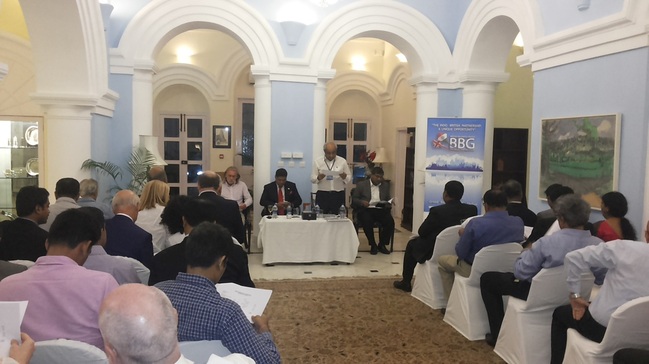
With massive majority BJP is in position to push through raft of measures to clear out old and archaic red tape stifling business and enterprise and entrepreneurship.
Despite all liberalization over 20 years, for India’s administrative system of the IAS and babus in Delhi and the states, guidelines and legal frame-work not revised at all leading to contradictions and misrepresentations. All relevant regulations need complete over-haul.
India’s legal system that permits the entire machinery to creak along delaying justice, thereby denying justice – entire system reeks of not just inefficiency, but shabby and bad practice. BJP can make a start addressing this in what will be a very long process, neglected by all Governments to date.
For all foreigners investing in India and operating in country, India remains the 136th most difficult place to do business (on list of 187 countries). If this new Government is to welcome new and increased investments, they will need to get India to be more business friendly – we must be pulled up into top 25 or 30 countries. Also change attitude of not looking at all business people and foreigners with jaundiced suspicious eyes.
There is little need to re-invent wheel or use excuse of “security” criteria for country to open up defense manufacturing in most basic of areas. Again in retail sector, UK retailers are world class – the likes of Tesco/ John Lewis and others may be allowed to enter market raising consumer expectations and quality.
The UK is a massive repertoire of skill-sets to be drawn upon in all critical areas of India’s economy and structure:
manufacturing
healthcare
infrastructure projects
education
water management
power generation & national grid
India now operates well with huge Japanese collaboration in the industrial corridor of Delhi – Mumbai. UK belatedly in 2013 offered assistance on Mumbai- Bangalore corridor. Government needs to take these up with both hands and get started
City metros and new airports have changed look and efficiency of places like Delhi and Kolkata. Yet we need to address, on policy basis, decisions to let private operators handle projects instead of inept Government departments – AAI’s dismal handling of Chennai airport Vs Bangalore’s impressive privately built one is a good example. Or look at private one in Kochi’s – well operated! Government needs to now give up things they have done so badly for decades!
On smaller issues which affect all foreigners, the following areas can be examined and dealt with pretty easily:
Foreigners’ Regional Registration Offices (FRRO) are very poorly run and managed – process which should happen in a morning, ends up in 3 and 4 days of frustration with changes of regulations (not well notified) and 2-3-4 visits
Customs Departments in ports can take 2-3 weeks in clearing urgently required equipment / machinery: should happen in 2 or 3 days, not weeks
Bad power supply country-wide leads to 100s of hours of production losses, aside from spiking leading to added costs on stabilisers / equipment
Event risks for investors very high such as agitations over recent Andhra / Telengana split leading to huge investments lost to both these states. Existing businesses lost hugely also from the spill-overs of troubles making all businesses wary
While there is a renewed sense of fresh-ness and optimism, this must be capitalised and very quickly. Bold reforms in insurance and defense can increase trade with all major foreign countries – could be in order of US$500 billion in next 5 years. Infrastructure sector can spawn investment of same size and period – that is a massive trillion US Dollars
India’s manufacturing sector which remains largely small enterprises must get attention and support to scale up and change to turn around country as a whole – seek assistance from countries who have already done so! (eg: Germany)
The power of India’s service sector still vests with huge IT /ITeS and BPOs like TCS / Infosys/ Wipro but they themselves need to evolve and mutate into undertaking “original” creative work. None of these huge companies have broken out of set-piece jobbing to create genuine new technology. In this challenge, they ought to work with innovative and creative people and companies in UK which still is perhaps the most inventive place on earth.
Christie Cherian – Chairman, BBG Chennai
Britain’s foreign secretary, William Hague, and Chancellor of the Exchequer George Osborne will be among the first high-level UK delegation to meet Prime Minister NarendraModi during a visit to India next week.
Hague and Osborne will also hold bilateral meetings with their Indian counterparts, SushmaSwaraj and ArunJaitley respectively, during the visit scheduled between July 7 and 9.
Indian High Commissioner to the UK, Ranjan Mathai, confirmed: “We are now looking forward to the visit to India jointly by the foreign secretary and the Chancellor of the Exchequer next week. Their ministerial meetings have been scheduled in India.
“This marks the start of a set of new engagements between the UK and new Indian government.”
Hague had made a reference to his India visit in the House of Commons recently.
“The Chancellor and I will visit India shortly to meet the new government. Our priorities will be to expand trade and investment, enhance education links, strengthen cooperation on defence and security, increase collaboration on science and innovation, and build our people-to-people links through the UK’s 1.5 million Indian Diaspora,” he said.
Their visit is expected to be followed by that of Britain’s Deputy Prime Minister, Nick Clegg, and Greg Barker, Prime Minister David Cameron’s minister in charge of business engagement with India.
The UK has stressed on the importance it places on engagement with the newly-elected government in India. These first set of visits will lay the groundwork for future ties, which are expected to focus on some big ticket deals such as the Bangalore-Mumbai Economic Corridor (BMEC).
This was originally posted by India Inc at http://www.indiaincorporated.com/item/3580-uk-sends-first-set-of-ministers-to-modi.html
Foreign companies seeking to register liaison offices (LOs) in India have begun encountering difficulties in having LO applications approved.
Establishing a liaison office in India is often an attractive option for foreign companies seeking to establish a local business presence at low financial and legal risk. LOs are permitted to facilitate and promote a parent company’s business activities, and act as a communications channel between the foreign parent company and Indian companies. Unable to engage in commercial, trading, or industrial activities, liaison offices must be sustained by private, inward remittances received from their foreign parent company and are not subject to profits tax rates.
Recently, however, authorities have begun applying a stricter interpretation of the LO application rules which specifically prohibit LOs from engaging in any ‘commercial activities’ and possessing a ‘direct trading connection between the LO and the parent.’
RELATED: Setting Up a Branch Office in India
Subject to interpretation, hundreds of LO applications have been turned down in recent months and a number of existing LOs have been determined to have a ‘direct trading connection with the parent.’ Drawing this connection has enabled tax authorities to treat some existing LOs as ‘Permanent Establishments,’ and levy a tax in excess of 40 percent on ‘income’ – initially meant to cover LO operating costs.
LOs, like representative offices in China, have historically been used as low cost entities via which foreign companies can explore and research the Indian market, and facilitate trade with India without incurring tax penalties.
Because India’s tax rates are still higher than in many Asian countries, LOs are financially strategic options for businesses seeking to establish a local presence that enables them to search for suitable suppliers, build business relationships, work with Indian manufacturers and assess the potential for selling products on the local market. In this situation, products sold to India are invoiced by the foreign parent company rather than the LO.
RELATED: How to Establish a Liaison Office in India
“In China, the process of allowing foreign investors to use the equivalent of an LO [a representative office] worked well over many years, with thousands of LOs over time converting to capitalized wholly foreign owned enterprises committed to paying profits tax.” comments Chris Devonshire-Ellis of Dezan Shira & Associates.
“India is cutting off a route through which foreign investors can evaluate the Indian market at low risk. Without a looser interpretation of LO regulations, India is simply encouraging foreign investors to set up sourcing operations in alternative countries such as China, Vietnam and Indonesia. In time, it will be these countries that will see an upgrading of existing LOs to capitalized, tax-paying foreign investments, meaning India will miss out. You have to give foreign investors the opportunity to adequately assess the capabilities of the Indian market. LOs should be used as a market entry vehicle – especially for sourcing India products – and not face such strict regulatory barriers. It only hurts Indian manufacturers,” he continued.
Gunjan Sinha of Dezan Shira & Associates’ Delhi Office says, “The alternative to LOs for foreign investors is the Branch Office structure. However, this carries with it a higher tax burden. Not all foreign investors are willing to incur that upfront, although we are seeing a number who are instructing us to change their applications from LOs to Branch Offices. The Indian market for suppliers and supply chain sourcing remains strong, and companies who have previously identified India as a key sourcing or consumer market are advised to set up Branch Offices from the outset.”
– See more at: http://www.india-briefing.com/news/liaison-office-applications-facing-stricter-application-rules-8611.html/#sthash.JhkBN91x.dpufThis article was originally published by India Briefing: http://www.india-briefing.com/news/liaison-office-applications-facing-stricter-application-rules-8611.html/
Peter, Balajee & Vijay recently shared their inputs on Indo-British Business and the role of UK Trade and Investment. Please find the short videos of the same below:

